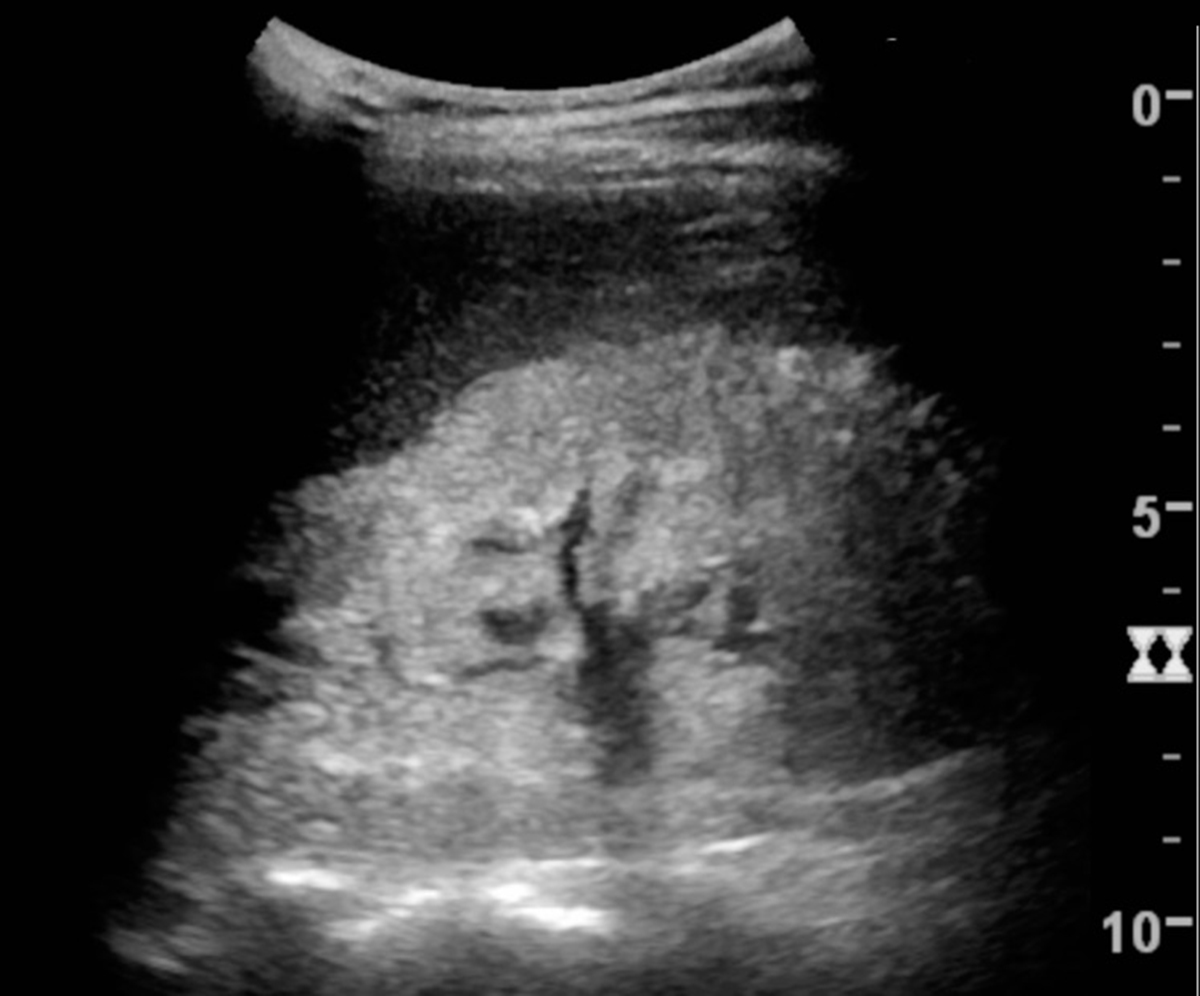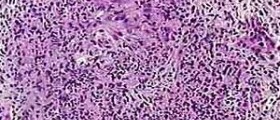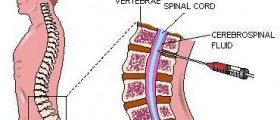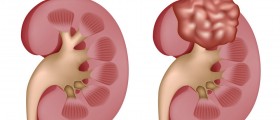
Nephrotic syndrome is a nonspecific kidney disorder in which the kidneys are damaged and leak significant amounts of protein from the blood into the urine. This condition is usually caused by damage to the clusters of small blood vessels in the kidneys. These vessels normally have a function to filter waste and sufficient water from the blood and they keep blood protein from reaching the urine and leaking out of the body.
When the kidneys function normally, a person loses less than 150 mg of protein from the urine during a day. When damaged, kidneys cannot perform their function properly and people lose more than 3.5 grams of protein during a day. This is somewhere around 25 times the normal amount and it is the strong indicator of nephritic syndrome.
Symptoms of nephrotic syndrome
Symptoms of nephrotic syndrome usually include swelling around the eyes and ankles, swelling of the feet, swollen abdomen, foam in the toilet water or bubbles in the urine, unintentional weight gain caused by fluid retention, poor appetite and high blood pressure.
Causes of nephrotic syndrome
Nephrotic syndrome can be caused by various disorders that damage the kidneys. The most common cause in children is minimal change disease, and the membranous glomerulonephritis is the most common cause in adults. Nephrotic syndrome can sometimes occur as a result of various infections, us of certain drugs, cancer, genetic disorders, immune disorders, or diseases systemic health conditions such as: diabetes, systemic lupus erythematosus, multiple myeloma, and amyloidosis. Sometimes, the cause of the syndrome is an underlying kidney condition such as glomerulonephritis, focal and segmental glomerulosclerosis, and mesangiocapillary glomerulonephritis.
Diagnosis of nephrotic syndrome
Doctors will conduct different procedures in order to diagnose nephrotic syndrome. Most commonly, doctor will ask for a sample of urine to measure levels of protein. Patient may be asked to collect urine samples during 24 hours, as this provides the means of very accurate measurement.
Furthermore, doctors may take a sample of the blood to measure if the levels of proteins are low. Loss of blood protein sometimes causes increased cholesterol and triglycerides.
Once the nephrotic syndrome is established, doctor may recommend a kidney biopsy. In this procedure, doctors will take a small sample of kidney tissue for laboratory testing.
Treatment of nephrotic syndrome
Most commonly, treatment of nephrotic syndrome involves treating underlying medical condition or the primary cause of the syndrome. Doctors may prescribe medications to alleviate the symptoms and prevent the complications of nephrotic syndrome. Medications usually include: blood pressure medications, diuretics, cholesterol-reducing medications, blood thinners, immune-system suppressants, and antibiotics.

















Your thoughts on this
Loading...